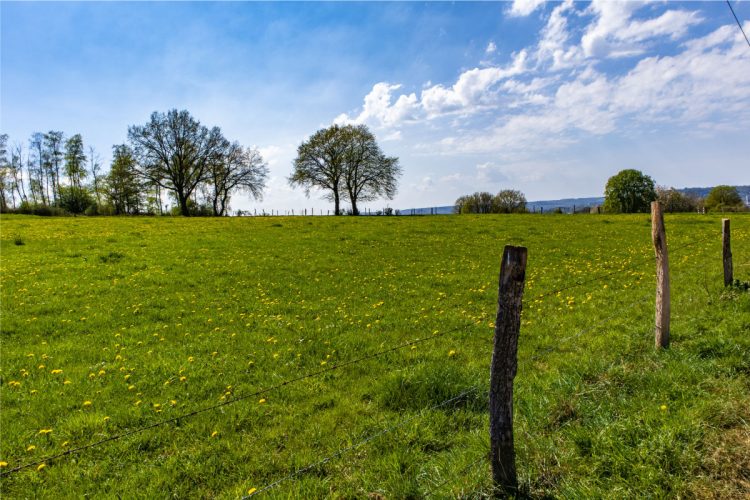Buying a piece of vacant land could be a good idea of investing your savings or your money. However, as a concerned investor, you need to have your most important question answered so that you don’t regret your investment in the future.
While purchasing vacant land could be a good deal to seal or put your money into, undeveloped land has a lot of uncertainties that have to be addressed in a more rational manner. If these special questions are not addressed, it might pose unnecessary costs that could have been avoided altogether.
Undeveloped land can be used to build commercial properties, residential properties, or even just farming.
To avoid contingent expenditure in the future, a land investor should conduct due diligence step by step. Let’s dive into the whole concept in detail.
Reasons for Asking these critical questions before buying raw land
Most people tend to confuse due diligence as the time to try to cut down costs. That is not the case, what you are trying to do is to save yourself from unforeseen costs while purchasing the land.
Ensuring every detail about the property you are interested to acquire has been answered. In that case, you will be one step away from closing the right deal.
Undeveloped land needs to be checked properly to ensure that you are buying a property that can be developed for your intended purpose or if you are buying then flip, it should meet the needs of your intended buyer. And that requires some serious study of the property in question, per Reuben Kimani, CEO for Username Investment Ltd in Nairobi, Kenya, a leading real estate company that sells plots in Nairobi.
“This includes finding out the zoning regulations, the type of land in question if it has freehold title deeds or leasehold title deed, future appreciation of the land, amenities around the property,” he says.
Complexity of Purchasing Vacant land
The complexity of purchasing undeveloped land varies from being simple in the rural areas and getting extremely complicated in the urban centers.
This is because, in urban centers, the development of land involves the approval of neighbors and zoning board.
Sometimes, you can buy vacant land and experience tough times with the land board’s approval. In such scenarios, you might have problems with your capital being tied up in the project for a long time.
It is recommended that you have a contingency cashback plan of your capital if the project receives disapproval from local authorities.
Important questions to ask
Before purchasing vacant land always prepare yourself well, know what you need to ask, and peruse the answers given carefully so that you don’t make avoidable mistakes.
Here are the questions to ask:
1. Does the land sit on the correct zoning of the intended purpose of your project? This is perhaps the most important thing you need to do and it has to be independent research you do as a buyer. Check if the zoning laws allow you to use the property for the intended purpose. Do not assume that if the current zoning does not allow it, it will be rezoned. Rezoning is possible but at a cost. Are you willing to bear the cost?
2. How efficient is the zoning board when approving the projects
3. What is the environmental condition of the land? Ensure that the land has not suffered from environmental land pollution. Good to have a cashback agreement of your capital if the property has any strains of environmental pollutions. This will protect you from being harassed by Environmental authorities.
4.Will you easily access the property? Ensure that there is a proper road connecting to your land otherwise, it will be costly to develop it.
5.Will your intended project be supported by the local community? Any resistance from the neighbourhood can be a disaster to your intended purpose of land.
6. Is there any part of the land that experiences flooding?
7. Is the development of any project in the area subject to environmental conditions? Ensure that the land you are planning to buy isn’t riparian land or not set aside by the government for wild animals’ conservation.
8. Does the land access functioning utilities? This utility could be the sewerage system or even water availability.
9. Are there unresolved right issues with the land?
Other considerations
As a matter of fact, before considering purchasing a piece of land, you need to understand the financial aspects that are related to financing your project after purchasing the piece of land.
Most banks and mortgage institutions do not finance any loan for a non-generating property. This means that you need to have fully budgeted for any development on your property.
In addition, as a concerned investor, you need to know the return of your investment and how COVID-19 can impact your project development.





